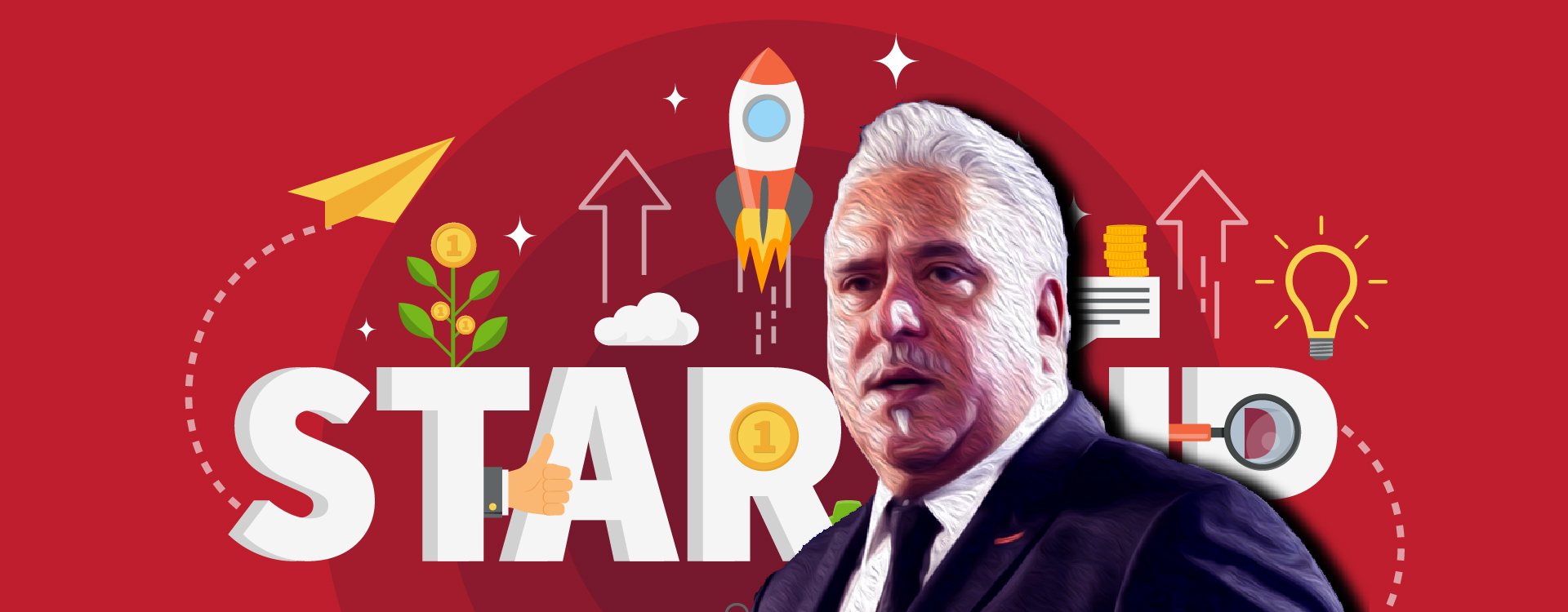Vijay Mallya, once perceived as a true-blue Indian businessman, was celebrated with much fanfare. But his success story which took off spectacularly and was meant to be narrated and re-narrated for generations to come, quickly fizzled out and turned into an unpleasant, high-profile case that has left a bitter taste in everyone’s mouths.
Former owner of the Royal Challengers Bangalore Cricket Team, ‘The King of Good Times’ Vijay Mallya is the prime example of why everyone must run away from money lending financial institutions like the plague. If that sounds like a harsh take on bank loans, the whole country has seen the vortex which India’s very first ‘bad boy’ fell into and the vicious cycle in which he consciously entered and is still steeped too deep.
‘‘
When Liquor Baron Vijay Mallya took ownership of the company, the net turnover was INR 300 Cr.
The story of Kingfisher:
‘Kingfisher’ is a beer brand launched in 1978 as a subsidiary of the UB (United Breweries Holdings Limited (UBHL) group in Bengaluru. When Liquor Baron Vijay Mallya took ownership of the company, the net turnover was INR 300 Cr.
What did Vijay Mallya do right?
Was Vijay Mallya, India’s ‘Richard Branson’ a bad businessman? Did he not inherit entrepreneurship from his father and how did things turn sour for him?
To get answers to these questions, we need to look back in time before the infamous Kingfisher Airlines was born.
Mallya started off with a bang in the business world when he assumed the position of Chairman of the United Breweries Group in 1983, following in the footsteps of his late father Vittal Mallya, a renowned Indian businessman.
Everything worked out perfectly for Vijay Mallya at the start and it seemed like he was a worthy successor to his father’s legacy.
The company expanded under his leadership and in just the span of a year, achieved a turnover of 64%.
It also broke records touching 10 crores in beer case sales in the country which elevated the company to the position of being ‘India’s second largest spirits company’.
Liquor Baron to Fugitive – The events that unfolded:
Vijay Mallya’s interest in multiple businesses suddenly piqued and he was especially drawn towards the aviation sector.
He went on to launch an airline named after his very own beer brand. Both Vijay Mallya’s reputation as well as the name placement automatically elevated Kingfisher Airlines into being the second largest airline in India.
The glitz and glamour surrounding the launch of the airline and the excitement around the ‘Calendar Girls’ bolstered Mallya’s excitement to launch international flights.
To keep both domestic and International flights in the air, Mallya amassed a loan of 9000 crore INR from over 17 Indian banks, by using his political affiliations and by-passing all the laws that came in his way. This was the final straw which changed Mallya’s reputation and led to the downfall of his business.
Now every child in the country knows the story of the downfall of Vijay Mallya.
What’s in it for me?
Although the narrative around Vijay Mallya’s reputation abruptly changed to the extreme end, start-ups have much to learn from him. As a businessman, the irony is that he was indeed an incredibly good investor. A less known fact is that Mallya has invested in a good number of breweries abroad. Here, the lesson for start-ups is that they should be aware of the relevance of what they are investing in.
Vijay Mallya was a subject matter expert in his arena. His knowledge on investments came due to the empire which was left to him by his father. Out of all the business legacy families of India, the Mallya Empire had a particularly good mix of businesses and many products to showcase. Start-ups can learn from this about the importance of amassing knowledge on the right investments.
Vijay Mallya was a visionary, despite all that ensued. He had a keen eye about what was brewing at the time. Railways had become privatised and Foreign Direct Investment (FDI) had just come into the picture. With Foreign Direct Investment (FDI) seeping into railways, Mallya tapped into the white-collar sector’s need for luxury domestic travel. Start-ups can take a leaf out of his book to know how to keep a tab on the bubbling opportunities and swoop in when the time is ripe.
His deep understanding of the business growth as well it’s undershoots enabled him to bring competition into airlines. As soon as Kingfisher airlines took off, many others including Indigo and Air Deccan followed suit. Mallya was a true disruptor to aviation amidst much that was happening at the time. Start-ups inspired by everything Vijay Mallya did stand to gain much by inculcating a certain degree of disruption for any new venture.




